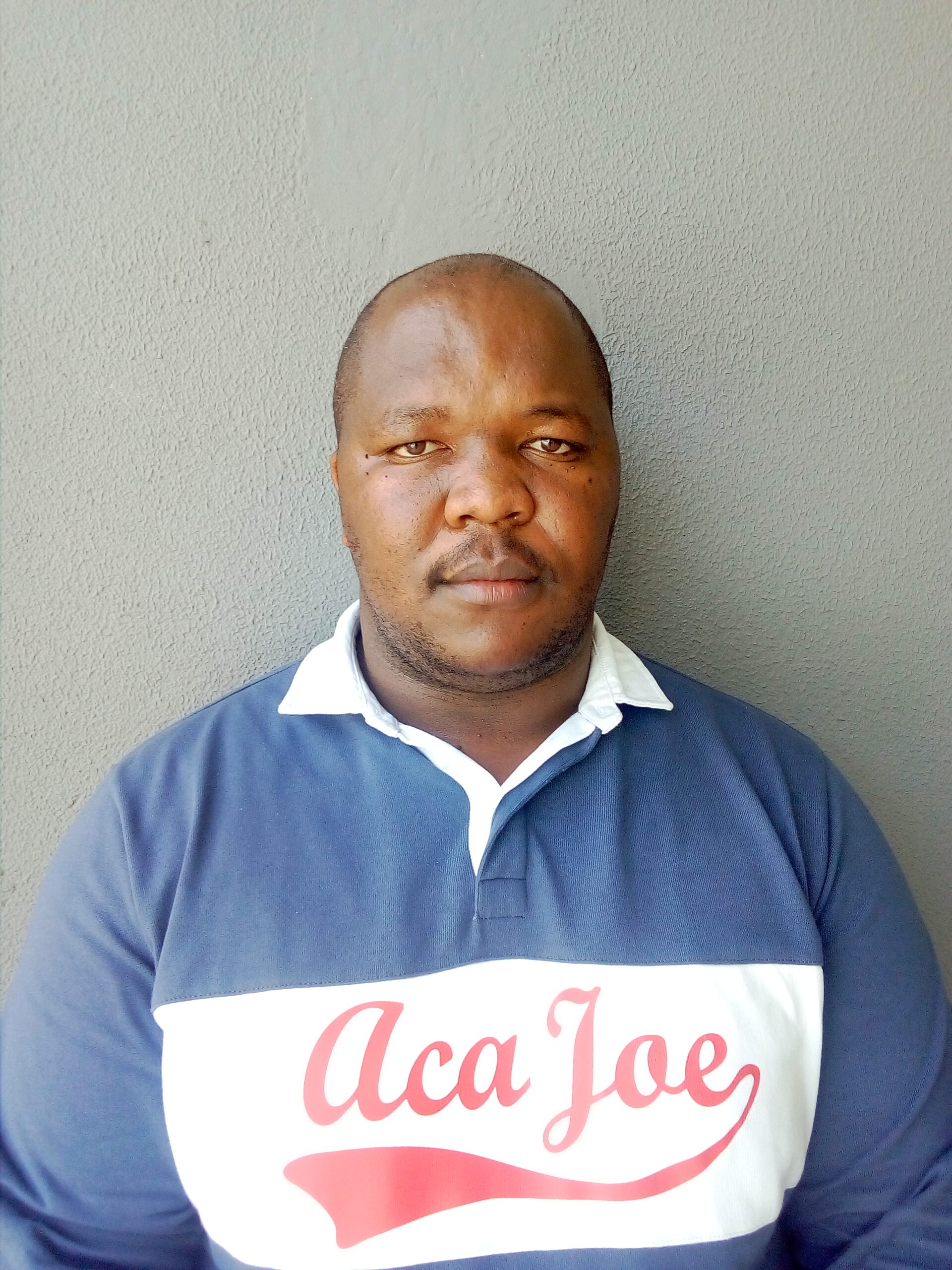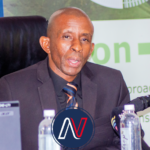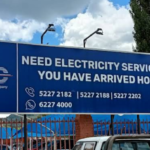The Office of the Auditor General has issued a rare and scathing disclaimer opinion on the financial statements of the embattled Lesotho Electricity Company (LEC) for the year ended 31 March 2023, raising serious concerns about transparency and governance at the state-owned utility.
Deputy Auditor General Paul Letlela announced the decision during a press conference on Tuesday, explaining that a disclaimer is the worst possible audit opinion, indicating that the financial statements do not reflect the true state of the company’s affairs.
Letlela said the full audited statements will be made public once they are tabled in Parliament. The most recent LEC audited financial statements publicly available are for the year ended 31 March 2022.
The continued delay and lack of compliance constitute a direct breach of both the Companies Act and the Public Financial Management and Accountability Act of 2011.
Section 94 of the Companies Act states that a board of a company shall ensure that, within three months of the end of each financial year, accounts are completed in respect of the company’s financial year; and signed on behalf of the board by at least two directors of the company or, if there is only one director, by that director.
The act further states that a board shall ensure that within six months of the end of each financial year, accounts of the company are audited.
Where a board fails to comply with the above requirements, a shareholder or group of shareholders may demand in writing that the board produce the completed or audited accounts and if the board fails to do so within 30 days of the written demand, the shareholders may bring an action to Court to compel the company to produce such accounts.
“If the Court finds that a board failed to comply with subsection (1) and to respond in a timely manner with the written demand, the Court shall order the board to produce the accounts and may make an order as to costs,” the act reads.
However, in LEC’s case, no such demand appears to have been made by its sole shareholder: the Government of Lesotho, represented by the Ministry of Energy and Meteorology.
Section 43 of the Public Financial Management and Accountability Act, 2011 states that a public enterprise shall provide the minister with an annual report that includes, a review of the activities of the public enterprise for the year and a statement of the expected activities for the coming three years and audited financial statements, prepared in accordance with international financial reporting standards.
The annual report should also include a statement of any losses of enterprise money or loss of or damage to enterprise property, including any amounts recovered or written off and any enterprise property disposed of by way of gift.
“A Chief Executive Officer of a public enterprise shall furnish a copy of an annual report to the Minister within three months of the end of the financial year to which it relates,” the law reads.
“The Minister responsible for a public enterprise, after consultation with the Minister (of Finance and Development Planning), may direct a public enterprise to furnish other financial reports from time to time for the effective management of the investment by Government in that enterprise, and shall furnish copies of the reports to the Minister (of Finance and Development Planning),” it adds.
Section 44 of the same act states that the minister responsible for a public enterprise shall present audited public enterprise annual reports to Parliament within six months of the end of the financial year to which they relate, and shall furnish copies of the reports to Minister of Finance.
As of June 2025, more than a year after the end of the 2022/2023 financial year, LEC’s statements have still not been presented to Parliament. No officials appear to be facing consequences for these legal breaches.
The law also places clear responsibilities on CEOs of public enterprises.
It states that a chief executive officer of a public enterprise shall ensure that the operations of the enterprise are carried out efficiently, effectively and economically, and that its assets and liabilities are managed effectively to support business objectives.
The CEO also has to cause funds and accounts to be established and properly kept, ensure a sound system of internal controls is in place within the enterprise to provide assurance that business objectives are being met and that necessary accounting controls are in place, and “produce financial statements meeting international financial reporting standards.”
This means any CEO fails to do the above-mentioned tasks violates the law.
This week, LEC’s Acting Head of Customer Experience, Tšepo Mololo, was escorted by police from Parliament, where the utility’s management was appearing before the Public Accounts Committee (PAC), to the office to reverse questionable transactions involving Cell Power and Eco Solutions, who together owed LEC M582,000.
However, when Mololo returned, only the Eco Solutions transaction had been cancelled. He was grilled by the PAC on why he failed to cancel the transaction for Cell Power, a company reportedly owned by Limpho Tau, the Minister in the Prime Minister’s Office.
17 agents have been implicated, collectively owing the LEC over M1.3 million. This has prompted public calls for immediate disciplinary action against those responsible.
But the LEC, despite failing to produce audited accounts for multiple years, continues to show up at the Lesotho Electricity and Water Authority (LEWA)’s doorstep with one hand asking for more money and the other hiding the financial skeletons in its closet.
And LEWA, the regulator tasked with protecting consumers and enforcing accountability, instead of shutting the door, keeps approving the tariffs.
This means Basotho are being forced to pay more for electricity every year, while knowing less about what LEC is doing with their money. They are literally being asked to fund LEC, without receipts, without explanation, and without oversight.
Summary
- The Office of the Auditor General has issued a rare and scathing disclaimer opinion on the financial statements of the embattled Lesotho Electricity Company (LEC) for the year ended 31 March 2023, raising serious concerns about transparency and governance at the state-owned utility.
- Section 43 of the Public Financial Management and Accountability Act, 2011 states that a public enterprise shall provide the minister with an annual report that includes, a review of the activities of the public enterprise for the year and a statement of the expected activities for the coming three years and audited financial statements, prepared in accordance with international financial reporting standards.
- Section 44 of the same act states that the minister responsible for a public enterprise shall present audited public enterprise annual reports to Parliament within six months of the end of the financial year to which they relate, and shall furnish copies of the reports to Minister of Finance.

Thoboloko Ntšonyane is a dedicated journalist who has contributed to various publications. He focuses on parliament, climate change, human rights, sexual and reproductive health rights (SRHR), health, business and court reports. His work inspires change, triggers dialogue and also promote transparency in a society.








